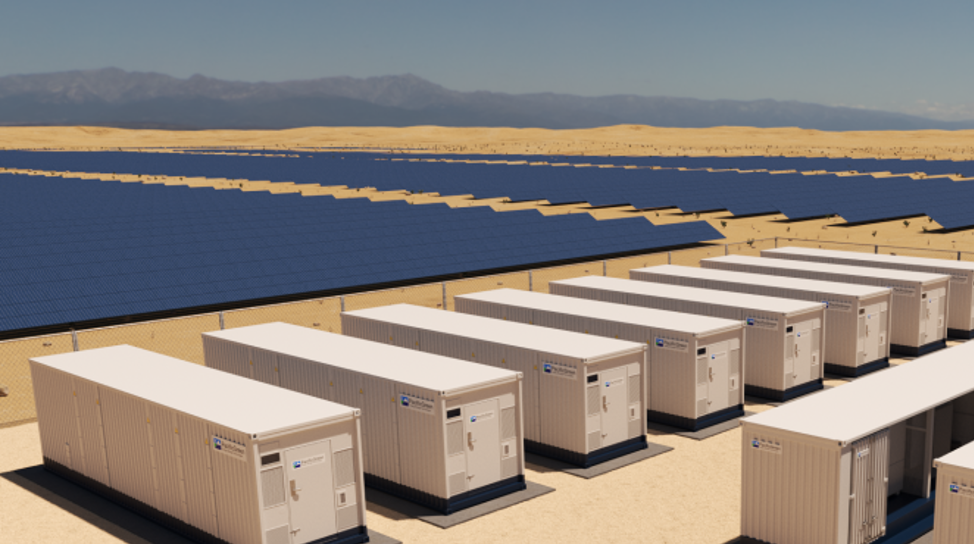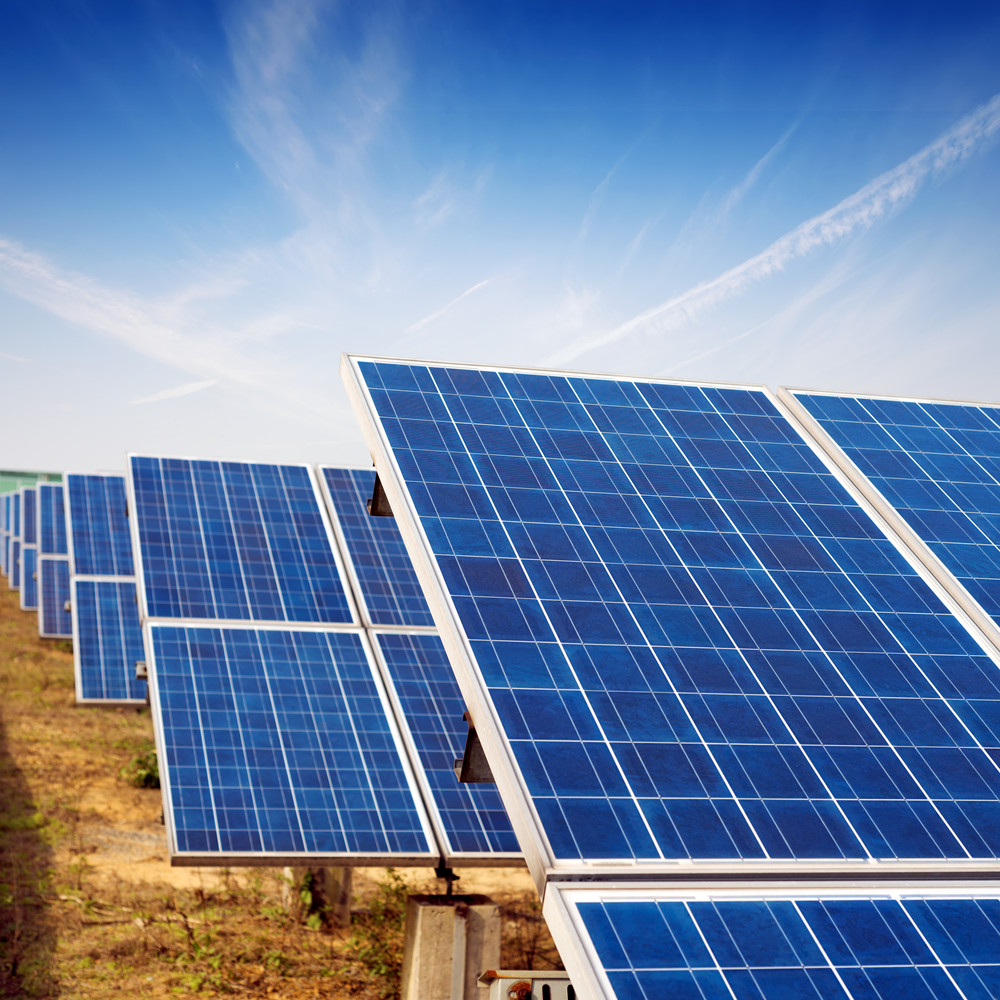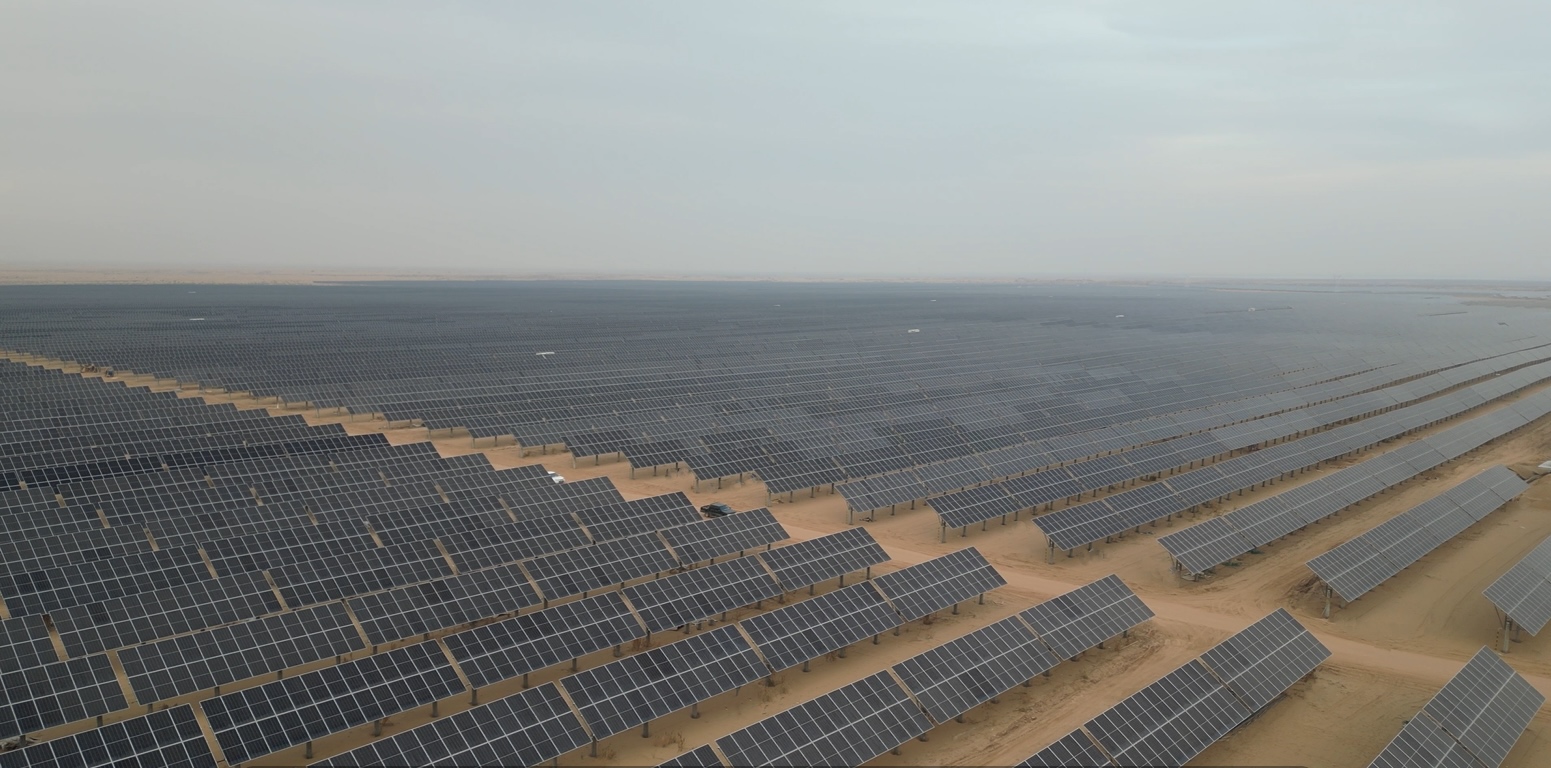Introduction to Solar Energy BESS System
The Solar Energy Battery Energy Storage System (BESS) represents a groundbreaking solution to the limitations traditionally associated with solar power generation. With the increasing global push for renewable energy solutions, integrating energy storage with solar panels is becoming a game-changer. The system allows solar energy to be captured during the day and stored for use at night or during cloudy weather, thus enhancing the reliability and flexibility of solar energy.
What is a Solar Energy BESS System?
A Solar Energy BESS system combines solar panels, batteries, and other components to generate, store, and manage electricity. In simple terms, it captures solar energy when it is abundant, stores it in batteries, and provides a steady power supply whenever needed. The integration of energy storage solves one of the major challenges of solar energy – intermittency.
Importance of Energy Storage in Solar Power
Energy storage plays a crucial role in overcoming the intermittency of solar power. Solar panels generate electricity only when there is sunlight, which is not available at all hours. By storing excess solar energy in batteries during the day, users can access the energy later, making solar a viable 24/7 energy solution.
How Does the Solar Energy BESS System Work?
The system consists of several key components: solar panels, batteries, inverters, and an energy management system (EMS). Solar panels convert sunlight into DC electricity, which is then directed to the battery storage system. The EMS monitors and controls the flow of electricity, ensuring that the energy generated and stored is optimally used. When needed, inverters convert the stored DC electricity into usable AC electricity.

Key Components of Solar Energy BESS Systems
- Solar Panels and Their Role
Solar panels, the primary energy generation component of the system, are designed to capture sunlight and convert it into electricity. Panels are made of photovoltaic (PV) cells that use the sun’s rays to create an electrical current. The efficiency of solar panels plays a significant role in determining how much energy can be stored for later use.
- Battery Energy Storage Systems (BESS) Overview
The heart of any solar energy storage system is the battery. These batteries store the solar energy generated during the day and discharge it during periods of high demand or when sunlight is insufficient. BESS systems can vary greatly in size and technology, with each type having different characteristics in terms of capacity, cost, and lifespan.
- Inverters and Power Conversion
Inverters are devices that convert the DC electricity produced by the solar panels into AC electricity, which is the standard form used in homes and businesses. The efficiency of the inverter is essential to ensure that as much of the generated energy as possible is converted and made usable.
- Energy Management Systems (EMS)
The EMS ensures the optimal functioning of the entire system. It controls the charge and discharge cycles of the batteries, manages energy distribution, and often includes features like remote monitoring and analytics.
Types of Batteries Used in Solar Energy BESS
- Lithium-ion Batteries
Lithium-ion batteries are the most popular type used in solar energy BESS systems due to their high energy density, long lifespan, and faster charging capabilities. They are more expensive than other types but offer superior performance.
- Lead-acid Batteries
Lead-acid batteries are older technology and less expensive than lithium-ion batteries. They have a shorter lifespan and lower energy density but are still widely used in smaller or off-grid solar systems.
- Flow Batteries and Their Advantages
Flow batteries are a newer and emerging technology. These batteries use two electrolytes stored in separate tanks and have the advantage of being easily scalable, making them ideal for large-scale solar energy storage.
Benefits of Solar Energy BESS
- Reducing Grid Dependency
A key benefit of integrating solar energy with BESS is the reduction in dependency on the electrical grid. Homeowners and businesses can rely on their stored energy during outages or high-demand periods, reducing energy costs and increasing energy independence.
- Cost Savings and Energy Efficiency
Although the initial investment in solar and BESS systems can be significant, the long-term savings in electricity bills can make the system a cost-effective choice. With energy storage, users can avoid peak electricity rates by using stored energy during expensive grid usage periods.
- Environmental Impact and Sustainability
By using solar power, a renewable energy source, and reducing reliance on fossil fuels, BESS systems contribute to a cleaner environment. They help lower carbon emissions and reduce environmental degradation.
- Enhancing Grid Stability and Resilience
At the grid level, BESS systems can provide support by storing excess power during low demand and releasing it when demand spikes. This enhances the stability and resilience of the grid, preventing blackouts and improving overall energy security.
Conclusion: The Future of Solar Energy BESS Systems
As technology advances and the world transitions towards sustainable energy solutions, solar energy BESS systems will play an increasingly important role. Innovations in battery technology, smarter energy management systems, and the integration of AI and IoT will make these systems more efficient, cost-effective, and scalable. The future looks bright for solar energy storage, and with continued development, we may see a world where solar power can reliably meet the energy needs of households, businesses, and even entire cities.






